Fellows
Fellowship Program cohort 3 Alumni

Brian Limiardi builds for financial inclusion in Indonesia as co-founder of Copra. While access to personal loans is available through banks, there are many contexts in which the only way to get a loan for business is through informal lenders (read: loan sharks). For folks that choose to work and invoice in cryptocurrency, access to even simple legacy financial tools like personal or small business loans can be an obstacle. For his Fellowship, Brian will focus on researching the needs and realities of the growing demographic of workers and small businesses who use crypto as a primary means of invoicing and bookkeeping.

Devansh Mehta, co-founder of VoiceDeck, is interested in mapping out public good impact space. Impact methodologies and markets for environmental use cases are well-documented mechanisms, but sometimes ‘impact’ wanders into more subjective territory: Investigative journalism, for example, is undoubtedly a public good. How can the real work of journalists be documented and valued in a way that fits into the right funding mechanism? Devansh will work with citizen journalism newsrooms to explore methodologies of impact documentation using the hypercerts standard, with an aim to find a good mechanism of retroactive funding for positive social outcomes.
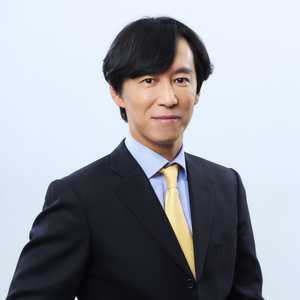
Masahiro (Masa) Fukuhara wants to spread the spirit of ONGAESHI, (恩返し, "To return a favor") in the world of education. ONGAESHI DAO is exploring mechanisms of retroactive solidarity payments in education and employment. For his Fellowship, Masa and other ONGAESHI DAO team members will learn from pilot programs in which contributors to the public good of education like funders and teachers are rewarded when businesses hire their students.
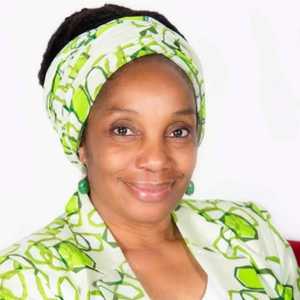
Mulenga Kapwepwe is co-founder of the Women’s History Museum of Zambia. There are many African artifacts in museums around the world, but rarely do those items have a tangible connection to the people and communities who created them. For her Fellowship, Mulenga is working with the Zambian web3 community to create a tokenized artifact registry, experimenting with museum revenue sharing for community documentation of art, customs, and crafting methodologies still practiced by the descendants of those items on display in museums around the world. Even if the items won’t return to their places of origin in the near future, it’s a small step toward bridging a gap of ownership that spans centuries.
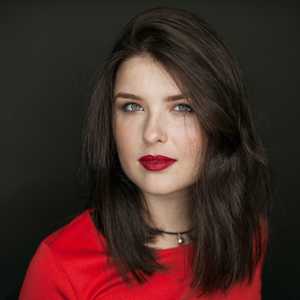
Valeriia is a user experience specialist and an advisor to the Ukraine's Ministry of Digital Transformation. The war in Ukraine has shown that ingenuity and tenacity in human coordination is essential. When understanding the potential of protocols like Ethereum to be useful in such a time, pragmatism is wise. During her Fellowship, Ria will research the real drivers and blockers of adoption of cryptocurrencies and other decentralized applications for ordinary users to map emergent use cases and behaviors in Ukraine.
Fellowship Program cohort 2 Alumni

Abhishek Bhattacharya is a co-founder at Brú Finance . Brú Finance is a new platform that aims to provide harvest-time loans for farmers in India. For his Fellowship project, Abhishek learned from the launch of Brú's platform to a public chain that utilizes decentralized liquidity for the farmers, and exploring what this system could look like at a global scale.
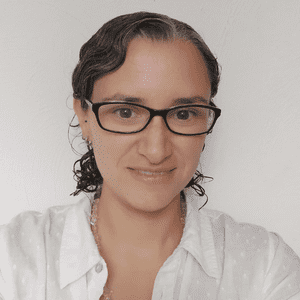
Gabriela Guerra founded Bloinx, a startup that implements blockchain-based tandas (also known as cundinas, susu, hui, arisan, quiniela, stokvel, and others around the world) – informal savings circles. Gabriela is convinced that blockchain can have real benefit for the unbanked population of the world, and that savings circles are one good starting mechanism. During her Fellowship, Gabriela conducted pilots in Mexico and Venezuela and used the research to help improve Bloinx for larger scales.

Karam Alhamad is an entrepreneur, fintech visionary, international development professional, and human rights policy advocate. Karam founded ZeFi, an educational platform and community focused on fostering blockchain education and research custom-fit for the Syrian context. For the Fellowship, Karam conducted research that increases practical and culturally-sensitive understandings of how blockchains can solve problems in conflict settings.

Marcus Alburez Myers is a Guatemalan entrepreneur working to address today's pressing challenges. He is currently a Founder-in-Residence at Europe's leading accelerator, Entrepreneur First, where he is drawing on the power of web3 to empower marginalized communities. With a focus in Guatemala, Marcus explored the real-world barriers to physical asset financing for DeFi, and compiled his finding into the "Last Mile DeFi Report".

Mary Davies is a legal researcher and technologist based in the Cayman Islands. Mary has been exploring a pressing question: If life-extension technology doesn’t pan out over the next few decades, what happens to your crypto when you die? Currently there is no trustless or decentralized solution to this question, and this presents a problem. Mary’s fellowship explored what new cryptographic mechanisms might enable us to trustlessly transfer assets after death, in a way that is legally compliant.
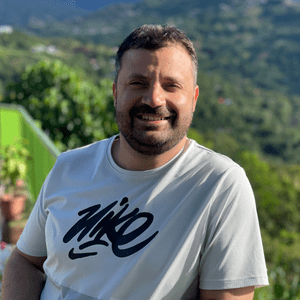
Mihajlo Atanackovic is leading the digital transformation journey of one of the world's biggest non-formal educational youth movements - the World Organization of the Scout Movement with 57+ million members from around the globe. To get the Scout Movement ready for web3, he is embarking on an ambitious project involving digitalising badges, exploring DAOs for different levels of the Movement, and how the scouts might employ novel coordination mechanisms for grassroots organization. You can read more about Mihajlo's work in this blogpost.
Fellowship Program cohort 1 Alumni

Benson Njuguna (Acre Africa) worked to implement blockchain solutions to a microinsurance product that protects thousands of small-scale farmers in Kenya from extreme weather events. His project tested and showcased Ethereum’s potential in enabling the viability and sustainability of products and services that target the bottom of the wealth pyramid. Read more about Benson's work here.
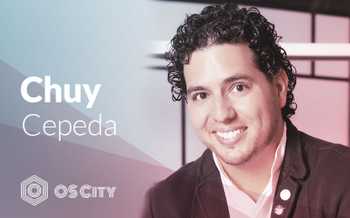
Chuy Cepeda (OS.City) worked with municipal and national governments to create an Ethereum wallet app in Spanish for citizens, with a vision to one-day hold government-issued documents (like permits and IDs). During the Fellowship Program, he and his team worked with the government of Argentina and created strategies to advance the meaningful adoption of blockchain in the public sector in Latin America. Read more about Chuy's work here.
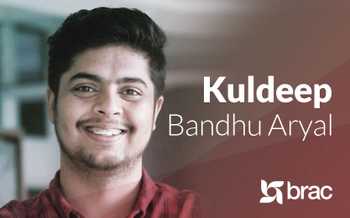
Kuldeep Bandhu Aryal (BRAC) sought to build a blockchain and crypto strategy for BRAC - the world’s largest NGO based in Bangladesh that annually serves over 100 million people. His project - which also involves multiple experiments using blockchain - could serve as a model for other social enterprises and the development sector at large.
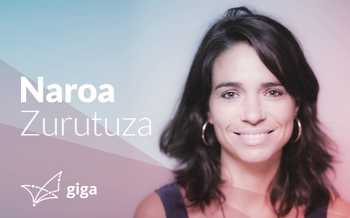
Naroa Zurutuza (Giga) explored Ethereum-based solutions as part of Giga's effort to connect every school to the internet. By helping to provide today’s most important public good to billions of currently unconnected people, Naroa envisioned many roles that blockchain can play, from increasing accountability of service providers and financing connectivity infrastructures to an access point to the global economy and marketplaces.